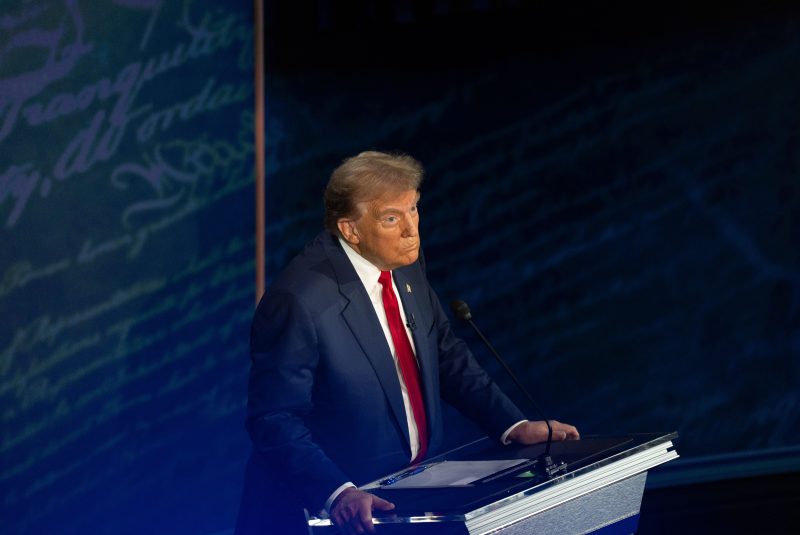In today’s fast-paced digital landscape where information flows freely across various platforms, the issue of misinformation has become increasingly prevalent. This is further exacerbated by the spread of fake news and the blurring of lines between facts and opinions. Amidst this backdrop, the role of real-time fact-checking has emerged as a crucial tool in the fight against misinformation.
Real-time fact-checking refers to the process of verifying the accuracy and truthfulness of information as it is being disseminated, usually in real-time. This practice has gained traction in recent years, especially in the realms of journalism and political discourse, as a means to hold individuals and institutions accountable for the veracity of their claims.
One of the key champions of real-time fact-checking is the media, which plays a vital role in separating fact from fiction. By providing instant fact-checks during live events, such as political debates or speeches, the media ensures that the public is equipped with accurate information to make well-informed decisions.
However, the rise of real-time fact-checking has not been without its challenges. In a world where information can be disseminated and amplified within seconds, fact-checkers often find themselves racing against time to counter false narratives and misinformation. This urgency underscores the need for real-time fact-checking to be swift, accurate, and easily accessible to the public.
In recent times, the concept of real-time fact-checking has also intersected with the realm of social media platforms. With the proliferation of user-generated content and the prevalence of fake news on these platforms, the need for real-time fact-checking has become more pressing than ever. Companies like Twitter and Facebook have implemented fact-checking mechanisms to flag misleading content and provide users with accurate information.
Despite its promise, real-time fact-checking has faced pushback from some quarters, most notably from individuals or organizations whose claims are being fact-checked. Critics argue that real-time fact-checking can be subjective and biased, potentially leading to the censorship of certain viewpoints. However, proponents maintain that real-time fact-checking is essential in preserving the integrity of public discourse and ensuring that facts are not distorted for personal or political gain.
In conclusion, real-time fact-checking serves as a vital tool in the fight against misinformation and fake news. By verifying information as it is being disseminated, real-time fact-checking helps to uphold the veracity of public discourse and protect the integrity of information in the digital age. Moving forward, it is crucial for society to continue championing real-time fact-checking as a means to promote transparency, accountability, and truth in our increasingly interconnected world.


























